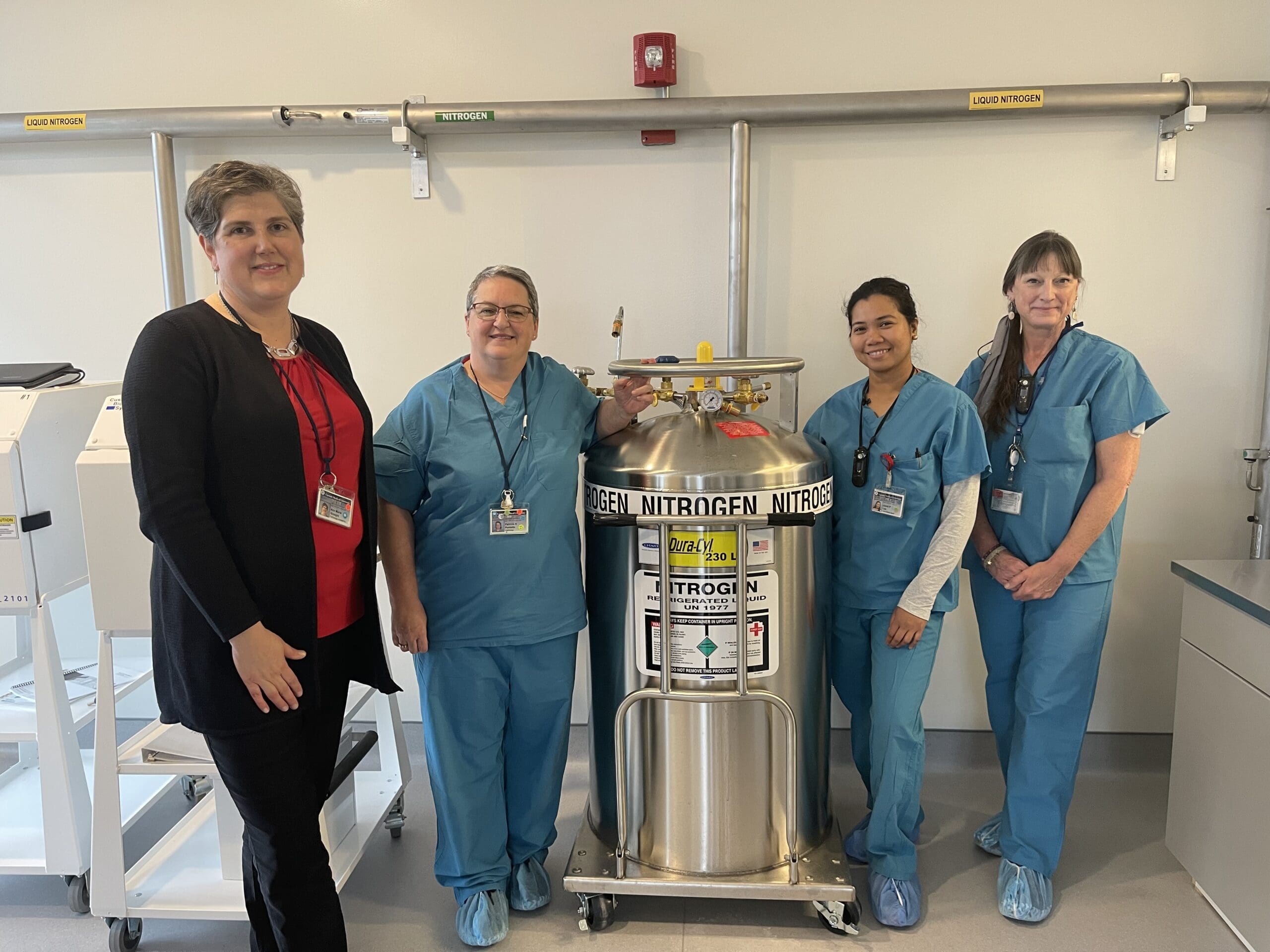The What and Why of Pregnancy
By Todd C. Battaglia, MD, MS
Pregnancy is a time of change. Among the many physical differences your body may undergo during pregnancy, one of the most common — and least enjoyable — is pelvic or hip pain.
It’s estimated that up to one in five pregnant women will experience such symptoms, which can be intermittent or constant, and involve anything from a dull ache to a shooting or sharp pain. The location of pain can also vary, including pain over the pubic bone at the lower abdomen, groin pain, pain across one or both sides of your lower back, or pain down the legs.
Why this happens
Many nonspecific cases are simply a result of added strain on your body, due to additional weight and the growing baby. During pregnancy, the body releases hormones that allow connective tissue to relax and stretch for the ultimate purpose of allowing the baby to move through the pelvis during labor. As a consequence, the joints and ligaments in the pelvis and hips begin to loosen, and may become sore due to postural changes and the heavier abdomen and uterus. This pain may often be more severe after prolonged standing or walking, as gravity increases the pressure.
Sometimes your baby may be pressing directly on a sciatic nerve. These nerves run from the low back under the uterus and down each leg. The enlarged, heavier uterus can put pressure on one or both of these nerves, causing sciatica – a pain, numbness or tingling sensation in the buttocks, hips or thighs. Often, this pain is worse when lying on your back, and tends to present in the later stages of pregnancy.
Another possible cause of hip discomfort during pregnancy is round ligament pain. This typically occurs in the second trimester. The round ligament connects the uterus to the groin, where it supports the uterus and stretches during pregnancy. Round ligament pain is characterized by brief, sharp pains in the abdomen, hip and groin area, particularly with sudden movement that stretches these ligaments quickly, such as going from a sitting to standing position, laughing or coughing.
Transient osteoporosis of the hip is an uncommon condition that can occur in women in the later stages of pregnancy, and results in temporary loss of bone density in the joint. There is no established explanation, although a number of causes have been proposed, including hormonal changes, abnormal stress on the joint, and compression of the small blood vessels surrounding the hip. This condition may present as pain, typically in the front of the thigh or groin, that worsens with weight bearing and may lessen with rest. Pain may increase during pregnancy and become so intense that it causes a noticeable limp.
What you can do
Exercises that strengthen the back muscles and abdominal muscles will often reduce these pains. Swimming and other low-impact activities are best for sore joints and muscles. Try lying on your back, and elevating your hips above chest level.
As you get closer to your delivery date, try to sleep on your side and keep your legs and knees bent. This may avoid pressure on the sciatic nerves. Using pillows to support your abdomen and upper leg can alleviate discomfort while sleeping; try placing a pillow between your legs as you sleep to reduce hip strain. If lying on your side worsens your hip pain, a pillow or blanket placed at the small of your back can reduce strain and pressure on the hips and pelvis.
Although most pregnant women may safely take acetaminophen or anti-inflammatories, check with your doctor before taking any medication.
Fortunately, most common causes of pregnancy-related hip and pelvic pain — including those listed above — are temporary and eventually resolve. It is important to contact your health care provider if the pain becomes constant or increases in severity or frequency. Abdominal pain or cramping, pain that doesn’t improve when you change positions, or pain associated with nausea, changes in bowel habits, or vaginal discharge, should be immediately reported to your physician. SWM
Todd Battaglia is an orthopaedic surgeon specializing in shoulder, knee and sports surgery at Syracuse Orthopedic Specialists, PC. He is team orthopedist for Syracuse University, Syracuse Silver Knights, Onondaga Community College and a number of local high schools. For more information, visit toddbattagliaMD.com.




